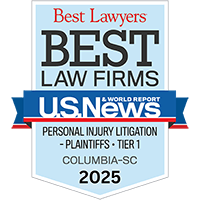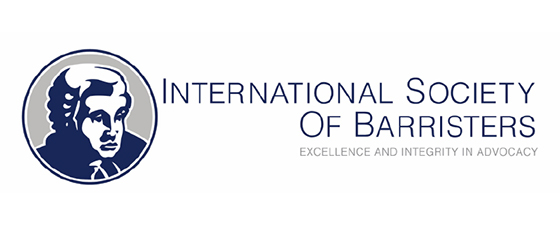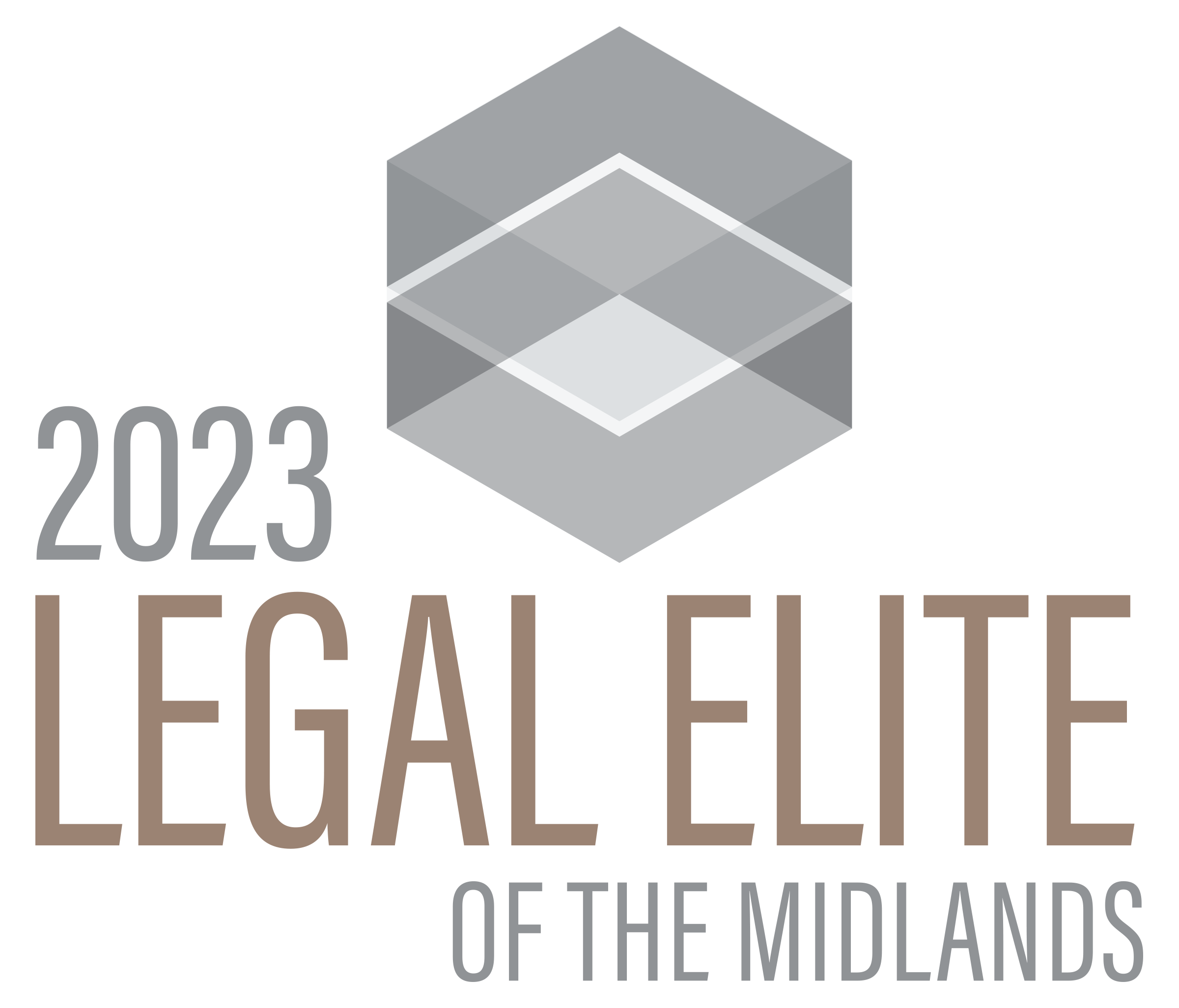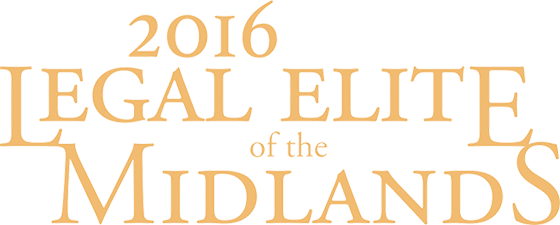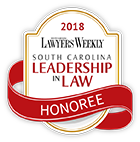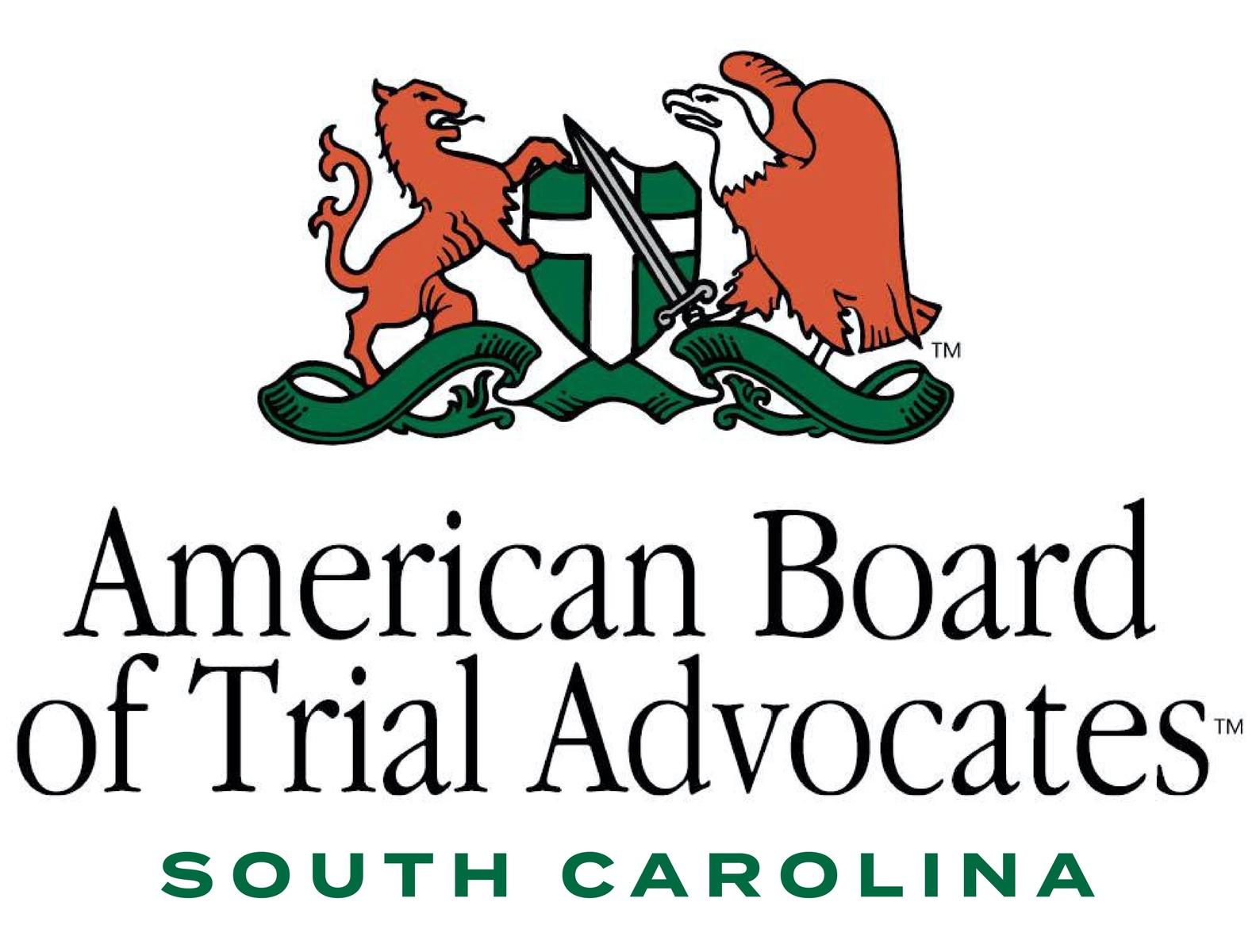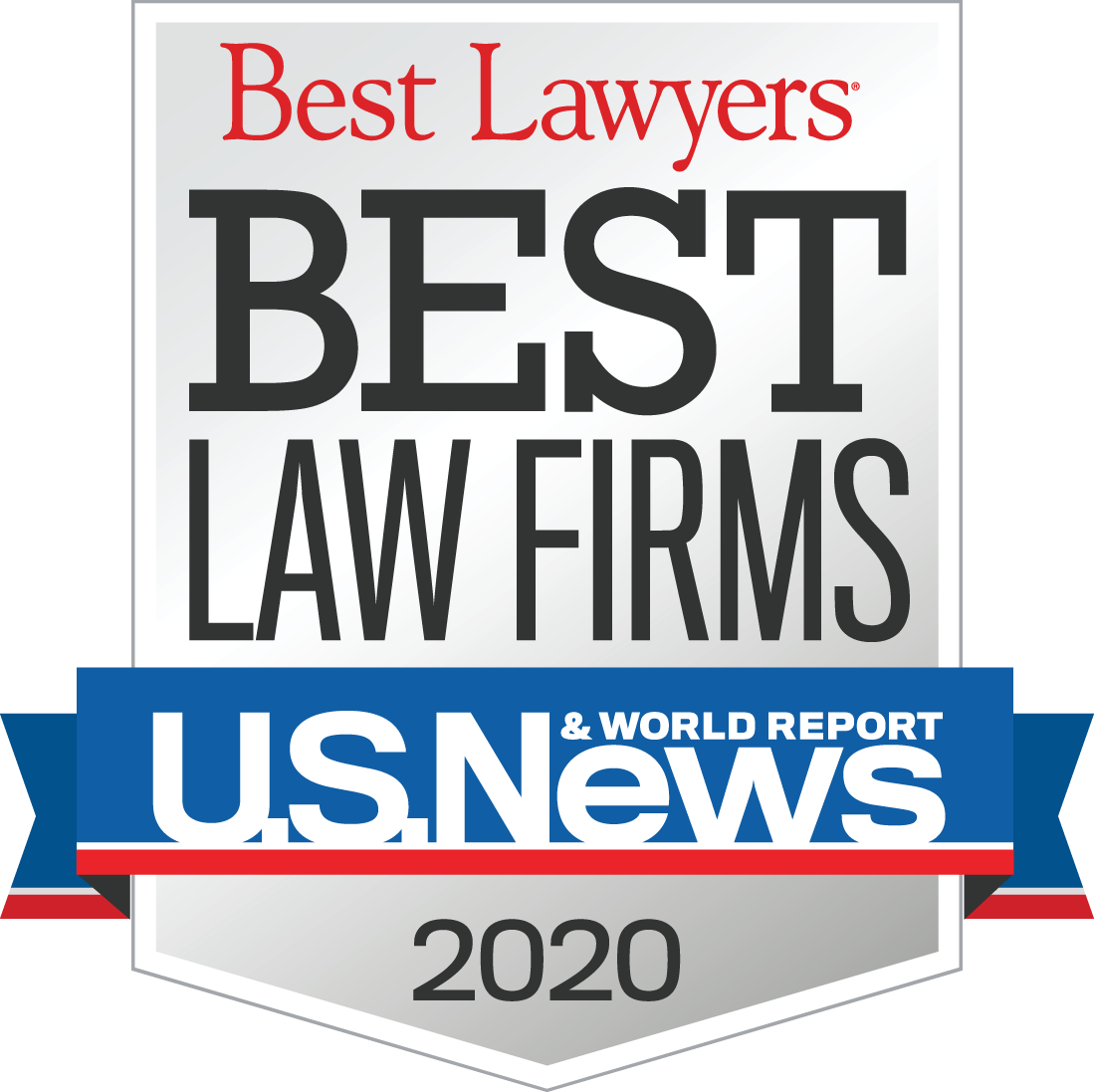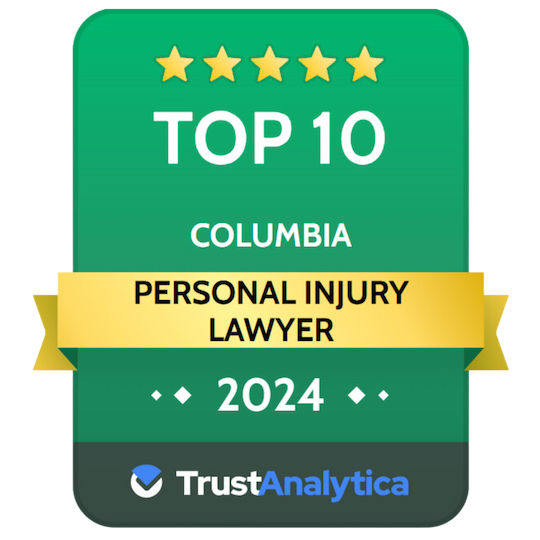On January 14, 2015, the South Carolina Supreme Court issued two opinions regarding Workers Compensation benefits. Generally, when a worker suffers an injury on the job, the South Carolina Workers’ Compensation system is designed to provide an injured employee with necessary medical treatment, disability payments, and monetary settlements to compensate for any physical impairment or disability.
Previously, defense attorneys for employers have argued that accidental falls are “idiopathic falls”- – a fall brought on by a personal condition unrelated to the employment. In these two recent cases, the supreme court determined that defense attorneys were incorrectly making this argument about idiopathic falls by interjecting fault into a no-fault system. With these two cases, the Supreme Court has issued a bright line rule- simply because a fall is an accidental on-on-the-job fall it is not automatically an idiopathic injury.
Nicholson v. South Carolina Department of Social Services (2015)
One of the cases, Nicholson v. South Carolina Department of Social Services (2015), involved an employee who was walking down a hallway to a meeting. The employee tripped as a result of friction on the carpet, and required treatment for injuries sustained to the neck and left shoulder. The Court addressed whether the injuries sustained by the fall arose out of the employee’s course of employment. The court found it was irrelevant that the injury could have happened just as easily outside of the workplace. Also, an employee injured on the job does not have to “prove the existence of a hazard or danger,” in order to be eligible for Workers Compensation benefits. In this case, the Court found that the Employee was entitled to workers compensation benefits.
Barnes v. Charter 1 Realty (2015)
In the second case addressed by the Court, the employee was an administrative assistant who was instructed to check an email before noon. The employee stumbled and fell while hurrying down the hall to check an e-mail. Originally, the Workers Compensation Comission denied the employee’s claim stating that the fall was “brought on by a purely personal condition unrelated to [] employment.” The Supreme Court held that this finding was incorrect. The Court distinguished this case from cases with “personal conditions” such as “heart attack or seizure,” which “are generally noncompensable absent evidence the workplace contributed to the severity of the injury.” These instances are the result of an internal condition that is “personal to the employee.” The Court found that simply because an employee cannot “point to a specific cause of [the] fall” does not mean that she is not eligible for compensation benefits. “Whether [the employee] tripped because she was hurrying or she tripped over her own feet, neither is an internal breakdown” that would prevent recovery of eligible benefits from injuries sustained in the fall.
If you have been injured on the job, contact the Goings Law Firm, LLC today!
If you or a loved one has been injured in a work related accident, contact the Goings Law Firm, LLC today. There can be many complicated factual and legal questions that injured workers may face in trying to obtain benefits that are allowed under South Carolina Workers’ Compensation laws. Don’t go at it alone for your on-the-job injury, call at Robert F. Goings at (803) 350-9230. This S.C. Workers’ Compensation law firm is here to answer your questions today.

